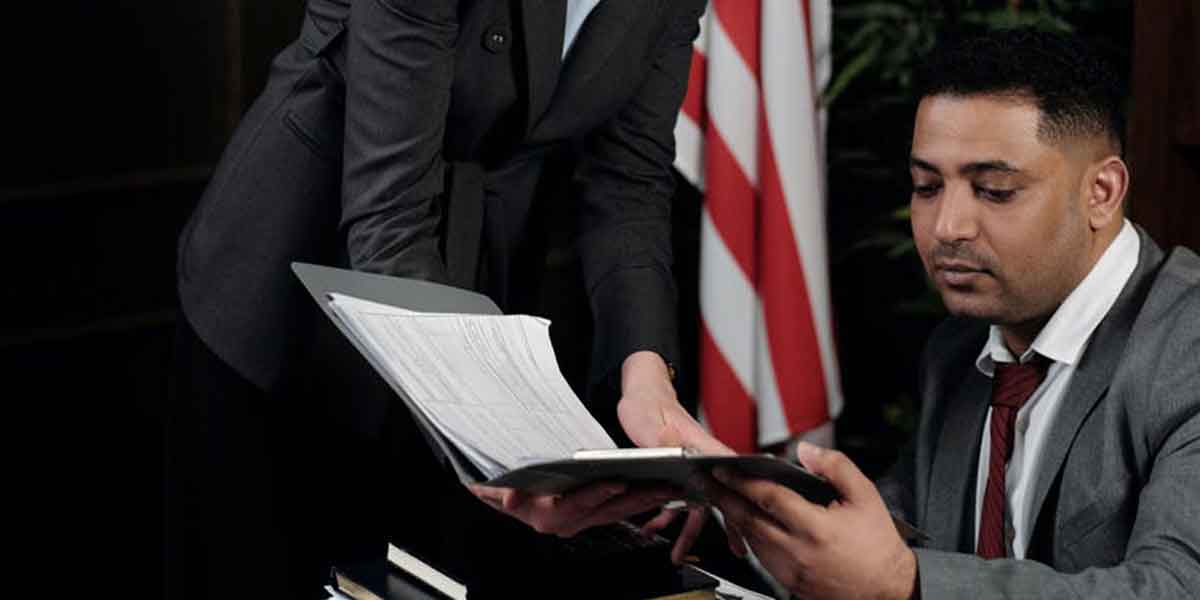When creating a will, it is crucial to designate an executor who will carry out the testator’s wishes after their passing. This individual must be reliable and competent to handle the probate process effectively, ensuring that all legal requirements are met and debts are settled before distributing assets to beneficiaries.
1. Responsibility in Probate
The executor must demonstrate a high level of responsibility in managing the probate process. While they do not need to be a legal or financial expert, they should be trustworthy and capable of overseeing the estate administration without causing any legal complications. If a suitable family member or friend is not available, hiring a probate attorney as the executor may be a viable option, albeit at a higher cost.
2. Skills Required for Probate
In addition to responsibility, the executor must possess the necessary skills to handle the decedent’s assets and address any family disputes that may arise. It is essential for the executor to communicate effectively with heirs and beneficiaries to prevent conflicts and resolve any challenges to the will that may arise in court.
3. Consideration of Location
Choosing a local executor is advisable as they are familiar with the laws and procedures of the state where the probate will take place. A non-local executor may face challenges in executing the probate process due to unfamiliarity with state laws, necessitating additional time and effort to navigate legal requirements.
4. Executor’s Willingness for Probate
Before appointing an executor, it is important to ensure that the individual is willing to take on the responsibilities associated with probate. A reluctant executor may not fulfill their duties effectively, highlighting the significance of selecting someone who is genuinely interested in carrying out the probate process.
5. Health of the Executor
The executor should be in good health and of sound mind to handle the demands of probate effectively. An individual in poor health may struggle to fulfill their obligations, potentially leading to delays or complications in the probate process.
the selection of an executor is a critical decision that can significantly impact the success of the probate process. It is essential for the testator to carefully consider the qualities and attributes of potential executors before making a final decision to ensure a smooth and efficient execution of their will.




